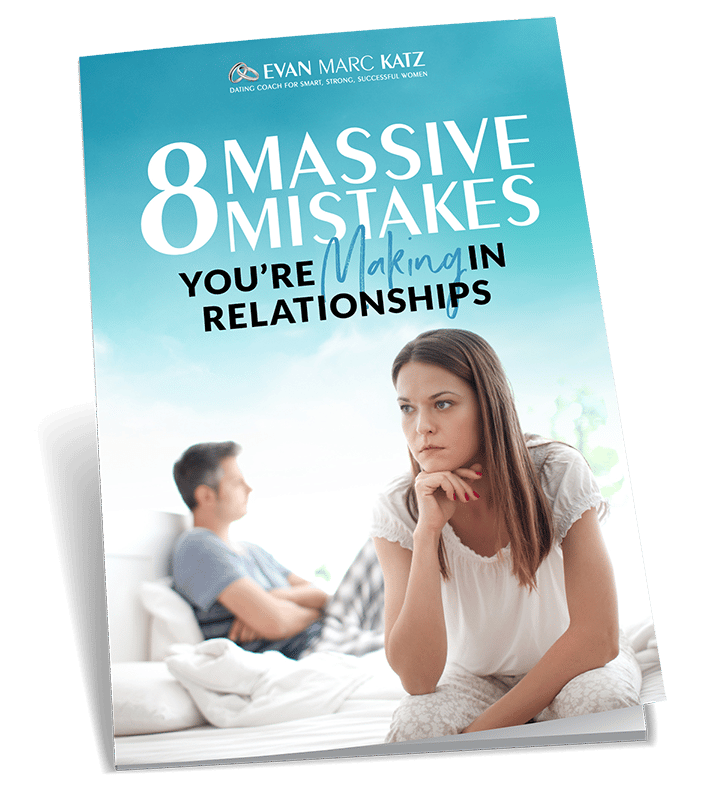Shocking News: Marriage is Good For Children!

- Commitment, Marriage, Studies About Marriage
There have been some strange rumblings on this blog as of late.
The rumblings have been about my conservative “pro-marriage” stance and my obvious disdain for single people.
I will quickly dismiss with both of these by saying that if I looked down on single people, I’d have no clients and fewer friends.
Plus, I’d be a hypocrite, since I was single for 35 years before getting hitched 3 years ago.
So, no, I don’t look down on single people. However, that doesn’t mean that I think single people are in the best position to raise kids.
Which is why the commentary about how I’m suddenly “conservative” for believing in marriage is so absurd.
Have we really gone that far away from reality that conservatives “own” the marriage issue? Are liberals really advocating for a world in which nobody gets married, nobody gets bad grades, and nobody passes judgment on anybody else? Because if that’s the case, we liberals are fighting a foolish and losing battle. It’s important to pay attention to science, which, at its best, should simply reflect reality.
I’m a die-hard liberal who believes that when it comes to raising kids, marriage is in important institution. This isn’t my reality. This is reality.
Note that I did not say that everyone has to be married or there’s something wrong with you if you’re not.
Note that I did not say that it was impossible for millions of non-married families to raise perfectly good children.
Note that I did not say that marriage is at all a guarantee of happiness and stability.
I am saying that, overall, if you’re going to raise children, they are more likely to turn out healthy if they come from a loving two-parent household. And, since most relationships that last for thirty years in which people raise children together are called “marriage”, that’s the term that I’m choosing to use today.
Here’s a paper from the Marriage and Religion Research Institute that cites 20 different independent studies that verify that children from married couples fare better in school, in behavior, and in life, overall.
This is not to suggest that two people in a miserable marriage should stay together strictly for the kids. This is only to suggest that the institution of marriage – far from being obsolete – tends to produce healthier children overall than children who are born raised in alternative ways (grandmother, cohabiting, single parent, for example.)
To clarify one last time, I’m not saying it’s not possible for kids from alternate homes to turn out great (Thank you President Obama!), but rather that if studies show that marriage tends, in general, to be a stabilizing force for children, why would this be a controversial stance? Are facts that contradict your personal narrative that hard to digest? I sure hope not.
For example, if you think that, since getting married, I’m blindly pro-marriage, you would be incorrect. I’m pro-marriage for people who are confident, self-aware, self-sacrificing, and willing to make smart trade-offs, especially in service of raising children. I’m anti-marriage for anyone who a) doesn’t want to be married and b) doesn’t have the capacity to be a good partner in life, with all that entails. I’d much rather have fewer good marriages than more bad marriages (which usually result from two people who feel chemistry but haven’t stopped to consider whether they’re truly compatible).
Further evidence that marriage isn’t a panacea comes from David Kahneman’s Thinking, Fast and Slow: “There was no overall difference in experienced well-being between women who lived with a mate and women who did not…Women who have a mate spend less time alone, but also much less time with friends. They spend more time making love, but also more time doing housework, preparing food and caring for children. And of course, the large amount of time married women spend with their husband is much more pleasant for some than others. Experienced well-being is on average unaffected by marriage, not because marriage makes no difference to happiness, but because it changes some aspects of life for the better and others for the worse.”
No argument here. But that is about whether married women are happier, not whether kids are better off with two parents at home.
And studies like the one above suggest that they are.
I, for one, am much better equipped to raise my daughter with my wife than either of us are to raise her without each other. And the fact that we’re married, not merely cohabiting, affirms our commitment to each other and our daughter and makes it more real and tangible. The fact that many marriages fail doesn’t mean that marriage isn’t a more serious commitment than “living together”.
So without repeating the fallacious ad hominem attacks – and trying to shoot down the source of the studies, which is another common trope from those who don’t like their conclusions – let’s consider one question:
What advantages are there to raising children without the stable, two-parent household which is most commonly known as “marriage”?
Sorry, but I’m coming up dry.










Comments